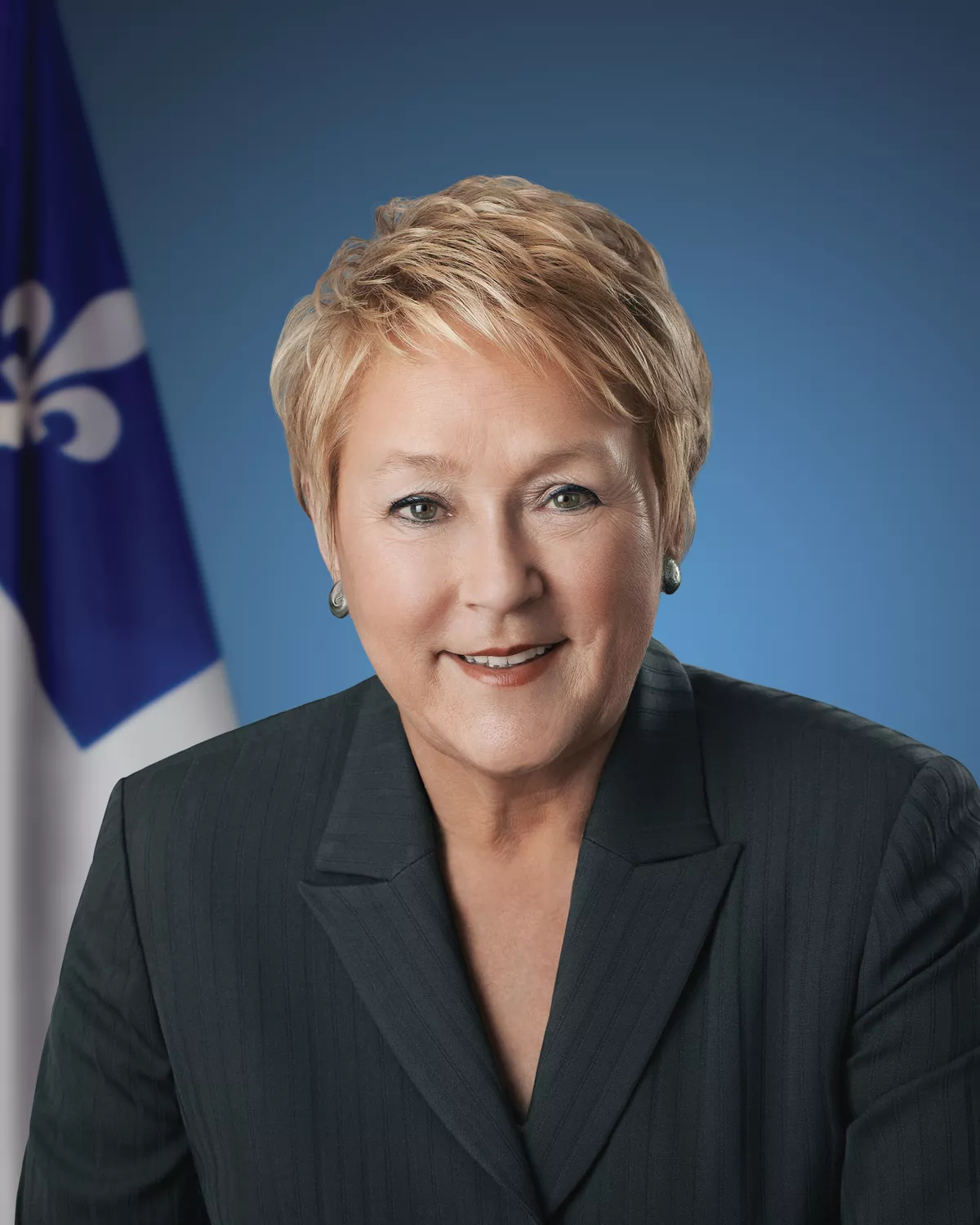 1.
1. Pauline Marois was instrumental in crafting policies to end confessional school boards in the public education system, she restructured the tuition system in post-secondary education, implemented a subsidized daycare program, instituted pharmacare and parental-leave plans and slashed the Quebec deficit under Premier Bouchard's "deficit zero" agenda.